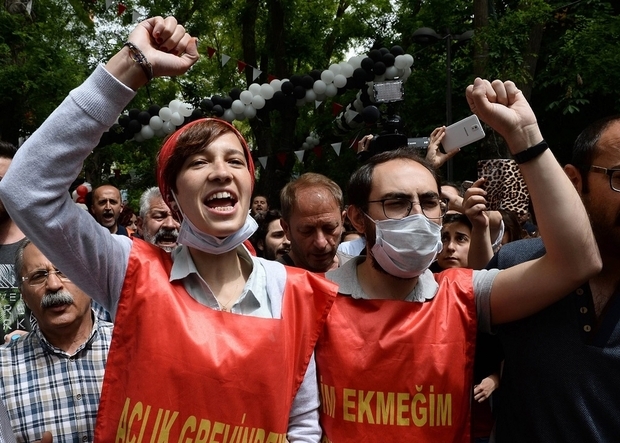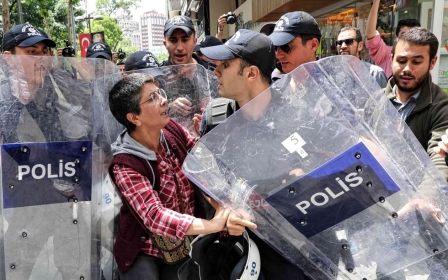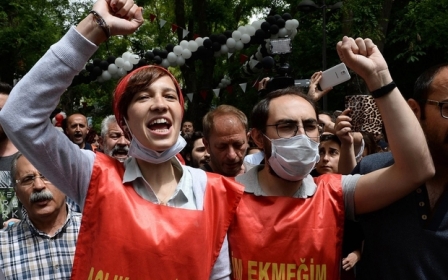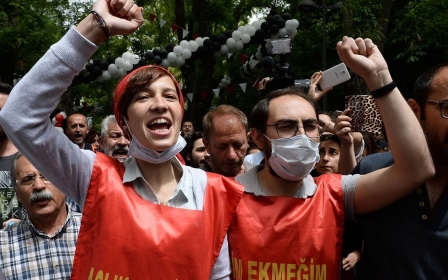European court says jailed Turkish teachers on hunger strike do not have to be freed

The European Court of Human Rights on Wednesday rejected a request by two Turkish teachers who are on hunger strike while in detention after last year's failed coup, to order Ankara to release them on health grounds.
The Strasbourg-based court ruled that the detention of professor Nuriye Gulmen and primary school teacher Semih Ozakca "did not pose a real and imminent risk of irreparable harm to the life or limb of the applicants".
"It therefore rejected the applicants' request that the court order the government to release them," the court said.
The two have gone on hunger strikes to protest against a government crackdown in which they lost their jobs. The authorities locked them away, saying their protest was driven by DHKP-C, a militant leftist group deemed terrorist by Turkey.
The teachers have said their hunger strike is aimed at highlighting the plight of about 150,000 state employees suspended or sacked after last July's failed putsch, which President Tayyip Erdogan blames on followers of US-based cleric Fethullah Gulen. Gulen denies involvement.
Human rights groups and the European Union say Erdogan is using the crackdown to stifle dissent in Turkey and persecute his opponents. Ties between Ankara and the European bloc have hit a new low.
The court told Ankara, however, to allow doctors to examine the two teachers as they see fit, and inform the court about any new developments. It also reiterated its call that the two drop their hunger strike.
Doctors following their case said in June that the condition of the teachers - who have been on water, sugar, salt and vitamin B for more than 100 days - was approaching critical.
Though not an EU member, Turkey is covered by the court as it has ratified the European Convention on Human Rights.
New MEE newsletter: Jerusalem Dispatch
Sign up to get the latest insights and analysis on Israel-Palestine, alongside Turkey Unpacked and other MEE newsletters
Middle East Eye delivers independent and unrivalled coverage and analysis of the Middle East, North Africa and beyond. To learn more about republishing this content and the associated fees, please fill out this form. More about MEE can be found here.




